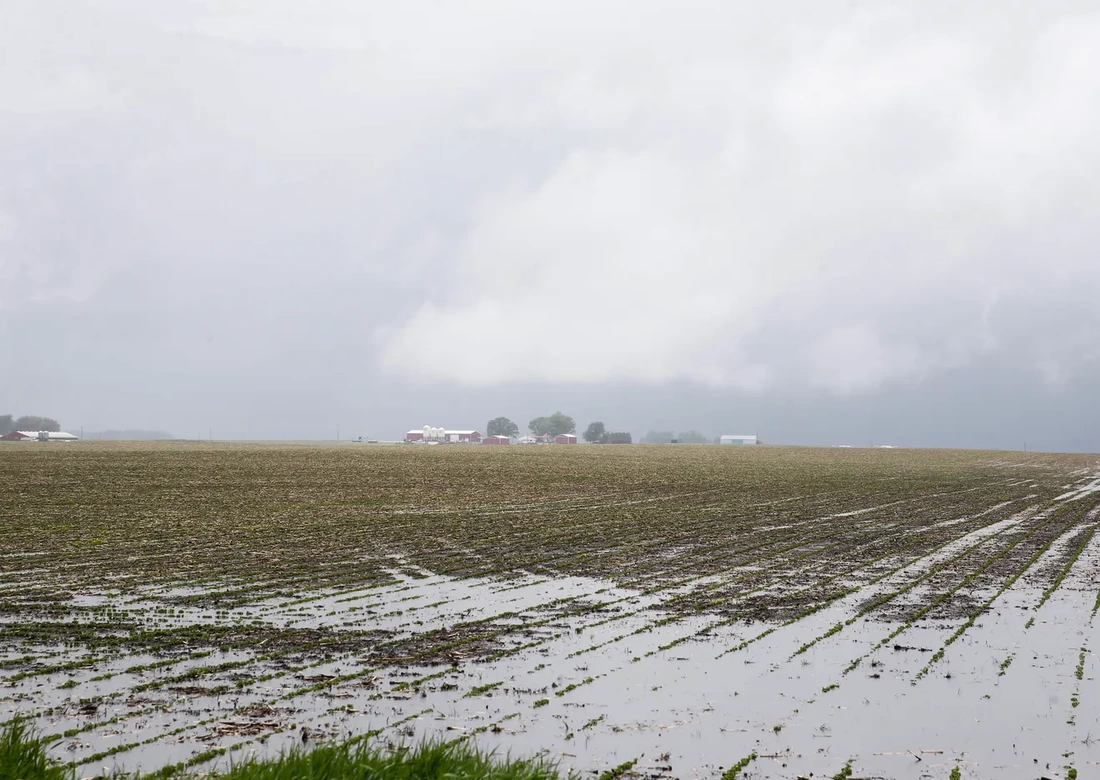|
The U.S. Supreme Court Court on May 25 significantly curtailed the power of the Environmental Protection Agency to regulate the nation's wetlands and waterways. It was the court's second decision in a year limiting the ability of the agency to enact anti-pollution regulations and combat climate change. Reporting by Nina Totenberg of National Public Radio quotes President Biden as calling the decision "disappointing." It "upends the legal framework that has protected America's waters for decades," he said. "It also defies the science that confirms the critical role of wetlands in safeguarding our nation's streams, rivers, and lakes from chemicals and pollutants that harm the health and wellbeing of children, families, and communities." Farmers and developers see it differently - this will enable them to use wetlands that were previously restricted. The National Association of State Departments of Agriculture reports in a May 25 email that this decision in Sackett v. EPA clarifies states’ authority and brings hope of regulatory certainty for farmers. NASDA CEO Ted McKinley says "The Supreme Court’s unanimous decision in Sackett v. EPA today comes as welcome news to farmers, landowners and state departments of agriculture who sought clarity on what has been an over-litigated issue for decades,” McKinney said. “We take relief in this decision as the justices clearly state the ‘significant nexus theory is particularly implausible’ and the EPA has no statutory basis to impose the standard.” The Des Moines Register in an May 25 article reports on the split decision:
In a May 25 press release, EPA Administrator Michael S. Regan issued the following statement: “As a public health agency, EPA is committed to ensuring that all people, regardless of race, the money in their pocket, or community they live in, have access to clean, safe water. We will never waver from that responsibility. I am disappointed by today’s Supreme Court decision that erodes longstanding clean water protections. The Biden-Harris Administration has worked to establish a durable definition of ‘waters of the United States’ that safeguards our nation’s waters, strengthens economic opportunity, and protects people’s health while providing the clarity and certainty that farmers, ranchers, and landowners deserve. These goals will continue to guide the agency forward as we carefully review the Supreme Court decision and consider next steps. In 1972, an overwhelming bipartisan majority in Congress passed the Clean Water Act, giving EPA and Army Corp implementation responsibilities. In doing so, our leaders recognized that protecting our nation’s waters is vital to ensuring a thriving economy and agricultural sector, to sustaining diverse ecosystems, and to protecting the water our children drink. Over the past 50 years, we have made transformational progress — rivers that were once on fire have been restored and now sustain vibrant communities in every corner of the country. A common sense and science-based definition of ‘waters of the United States’ is essential to building on that progress and fulfilling our responsibility to preserve our nation’s waters — now and for future generations.” This interpretation is another volley in the game of political football that the Clean Water Rule has become. Previous reporting on the LWV UMRR Blog:
0 Comments
Your comment will be posted after it is approved.
Leave a Reply. |
| LWV Upper Mississippi River Region | UMRR blog |

 RSS Feed
RSS Feed